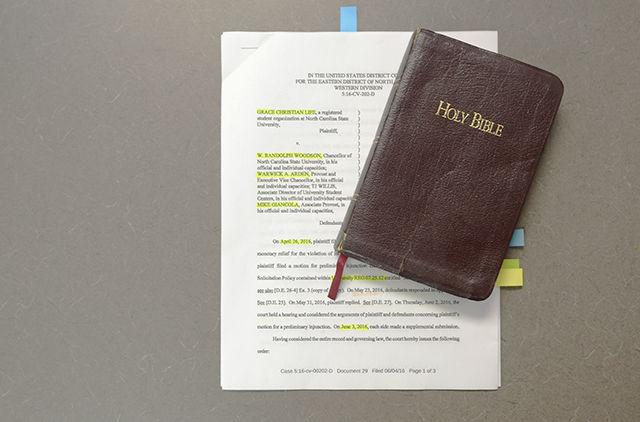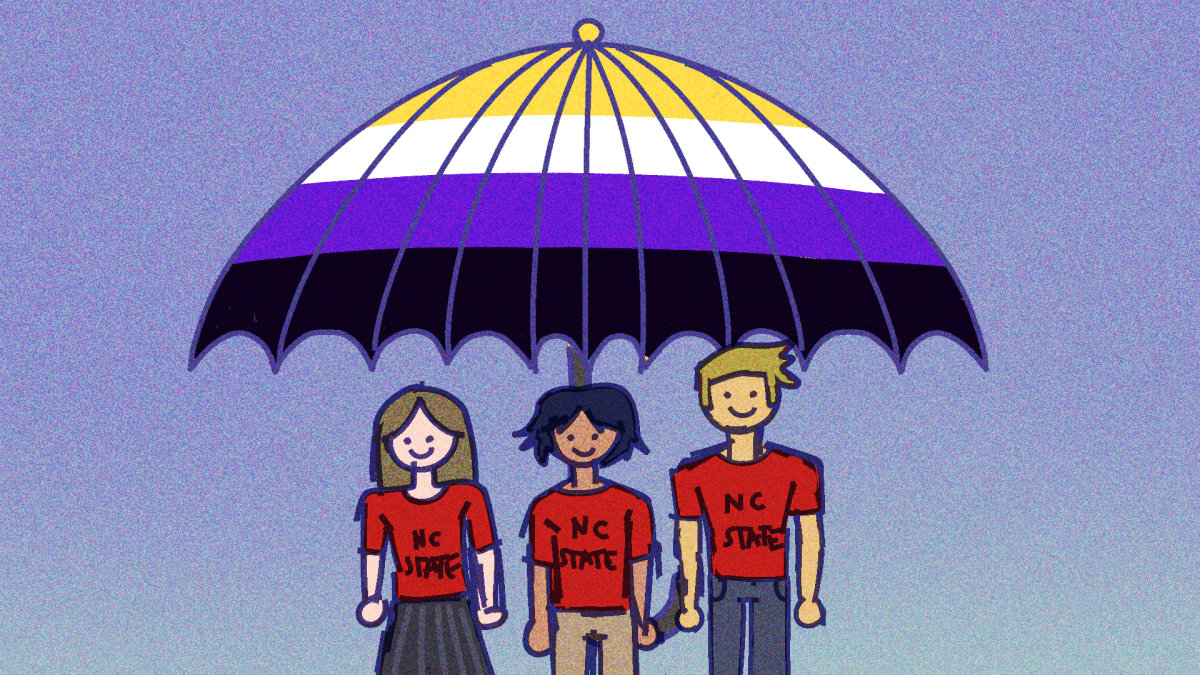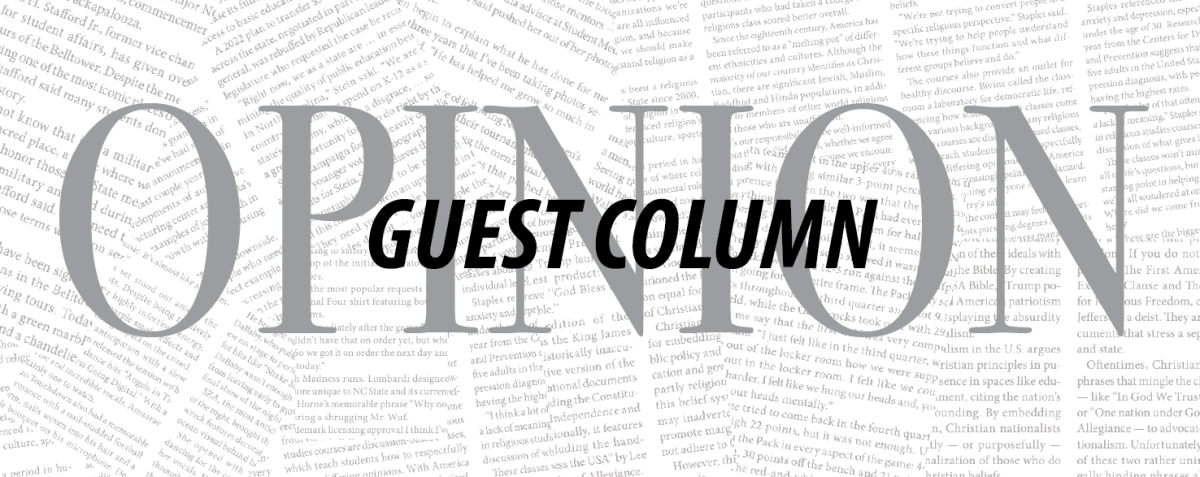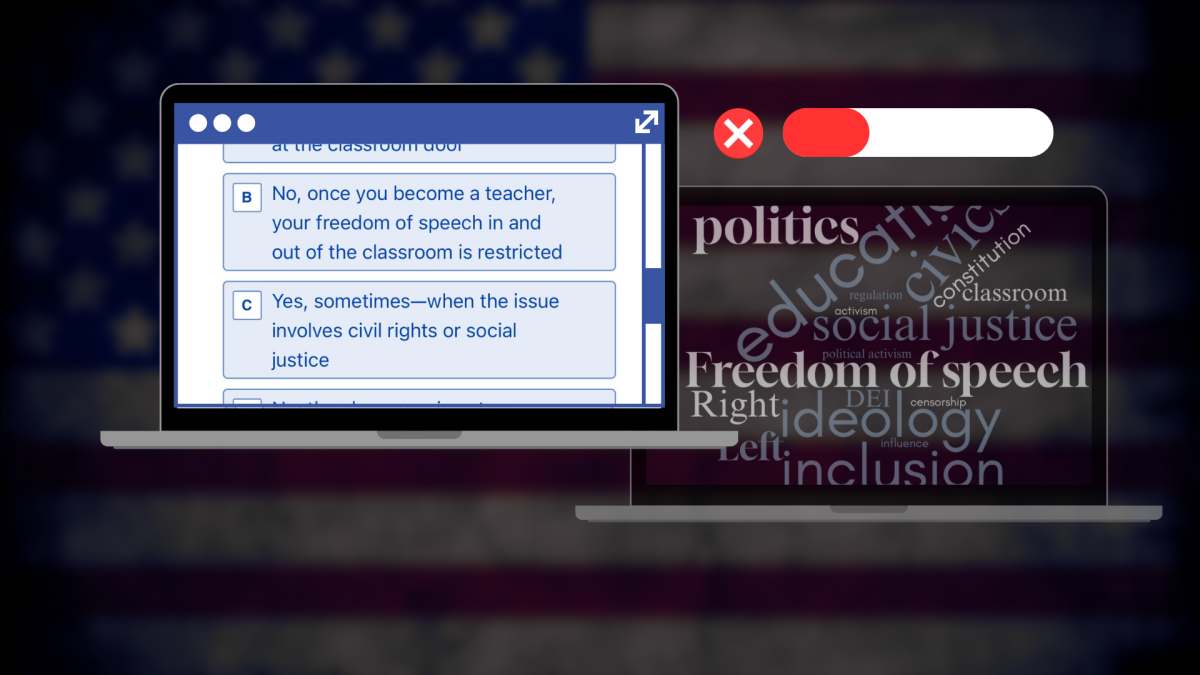As a result of Grace Christian Life’s recent lawsuit against the university involving freedom of speech on campus, I have done a bit of thinking as of late on the notion of religious liberty and what it means to be a Christian in today’s society. While the lawsuit is centered on freedom of speech, it’s founded upon the perceived hindrance of requiring a Christian group wanting to share the gospel to apply for a permit before soliciting individuals, as all groups seeking to solicit individuals on campus must do.
This isn’t meant to argue against free speech or the group filing the lawsuit but rather to examine the reasoning behind actions. Across the United States, some Christians perceive that the government and societal institutions are oppressing them.
While it certainly is different in other parts of the world, Christians in the United States are not being oppressed. But even if we were, hypothetically, we should understand that this is a part of our faith. The Bible tells us to turn the other cheek to our enemies and love and pray for them instead of publicly lashing out and whining about our own mistreatment. Just as “no servant is greater than his master,” we as believers should understand that the world isn’t inclined to be particularly kind to us, just as it wasn’t to the Son when he lived on Earth.
Here in the United States, Christianity is by far the largest organized religion. Approximately 70 percent of Americans identify themselves as Christians, with the next highest percentage coming from those who identify no religion at 23 percent. If we are systematically being undermined for our beliefs, then the other 30 percent of all citizens are doing a horrendous job. This is quite the lackluster war being waged on our beliefs.
Certain groups do hate Christians, but there isn’t any group in the world without enemies. In large though, Christians are more than tolerated, and it’s difficult to find another any other segment or group of the country that has as much power as we do and gets very little push back. Evangelicals are a massive voting group, representing a quarter of the population. We say “under God” in our pledge. As it turns out, we can use our religious beliefs to deny certain groups basic goods and services.
While I certainly am disgusted with the actions of Kim Davis and bakers that refuse to bake wedding cakes for gay weddings, a large percent of the population would cry “religious liberty” when the government even thinks about passing a law that contains anything that counters two words in the Old Testament.
Our religion and beliefs aren’t the only ones. By giving other groups the privileges that we have held dear for hundreds of years, it might feel like oppression. Just two months ago, a Sikh-American Army captain named Simratpal Singh received a specialized turban and was allowed to retain his beard to continue serving his country, while remaining in accordance with his religion. Uproar began, as a plethora of Christians, many lacking the courage to enlist, began to attack the man on social media and demanded that he be forced to remain in accordance with the military requirements just like the rest of the servicemen and women.
The United States military, as it turns out, is predominantly Christian. Any attempts to deny individuals of the ability to serve their country due to their religion not being in accordance with mainstream American religious beliefs is utterly blasphemous and oppressive.
Using religion to deny the rights of others legitimately undermines the notion of religious liberty as a whole. If we start crying out every time an action even slightly doesn’t follow what the hundreds of interpretations of scripture states, then we are setting a dangerous precedent for liberty in the United States. Remember, the First Amendment protects all religions and individuals just as much as it does Christians.
Starbucks choosing not to include religious insignias on cups during the Christmas season doesn’t threaten your religion. Having someone tell you “Happy Holidays” instead of “Merry Christmas” doesn’t threaten your religion. Forcing a non-church employer to provide birth control to employees as part of the Affordable Care Act doesn’t threaten your religion. Having to get a permit to speak about Christ to students in Talley Student Union doesn’t threaten your religion.
Using religion as an excuse to gain more influence and have precedence over other groups does threaten your religion. The single biggest undermining factor for Christianity in America is a reliance on the government to protect our religion at a greater extent than the beliefs and non-beliefs of others. This is how a theocratic government comes into fruition, and I urge you to look at Iran if that even slightly sounds appealing.
It’s almost as if we want to be publicly oppressed.









